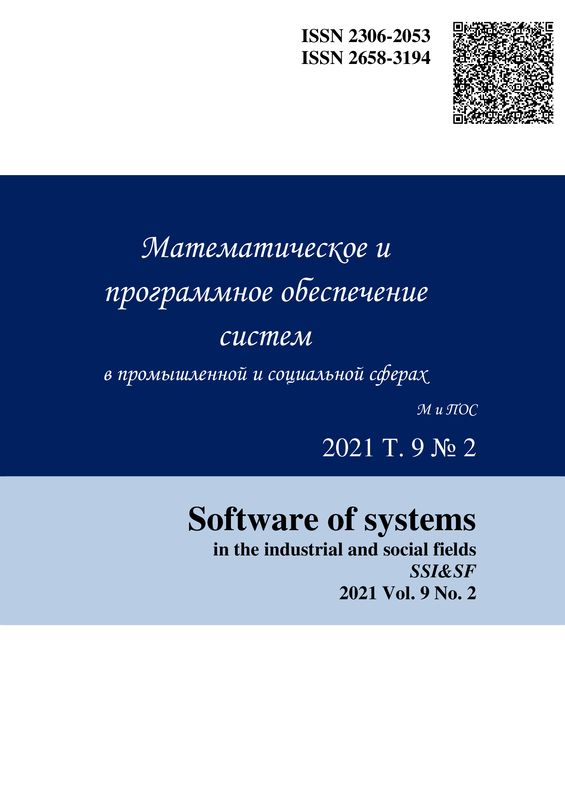Abstract
Production process in industry is impossible without clearly elaborated schedule for each processing unit including a schedule of using a resources – this is the plan-schedule of work performance. Scheduling is an important element of management. At the level of the production department – this is the task of operative scheduling (OKP). Due to the variety of production conditions, the number of OKP task formulations is very large, and that is why there is no common universal approximate solution algorithm, and exhaustive search of so many variants is impossible. So, heuristic algorithms, which are represent a set of heterogeneous management techniques and give "pseudooptimal solutions" have been spread. In order to argumentation the algorithm and the "degree of optimality" of received plan the special methods of evaluation are exist. The paper presents three methods for solving scheduling problems (JSSP): a network formulation, an implementation of an optimal control problem and a method of simulation modelling were reviewed. Formulation of the problem on the network (graph) is considered a classic, it has a clarity and in combination with the approximate solution algorithm is provides a good degree of optimality. Reduction to the problem of optimal control allows entering the control parameters as well as we would like to see the formulation of the OKP task in the production – as a managed process. Simulation modeling has the property of scalability; it allows collecting the necessary statistics, to analyze it and to provide information with any degree of clarity in the form of charts and tables.
Keywords
Sequentially – parallel system of service, application, service unit, the Pontryagin maximum principle, dual variables, logical and resource constraints, the environment simulation Anylogic, conversion operation schedules.
Barankov VV, Koroleva VV and EG Filippov (2015) Possible descriptions of the task of operative scheduling. Software of systems in the industrial and social fields, 7 (2): 41-49.





